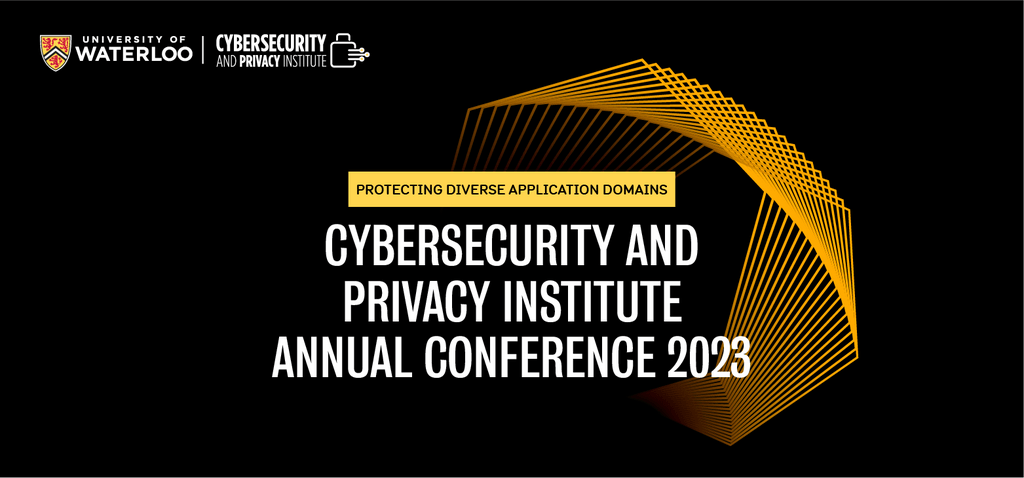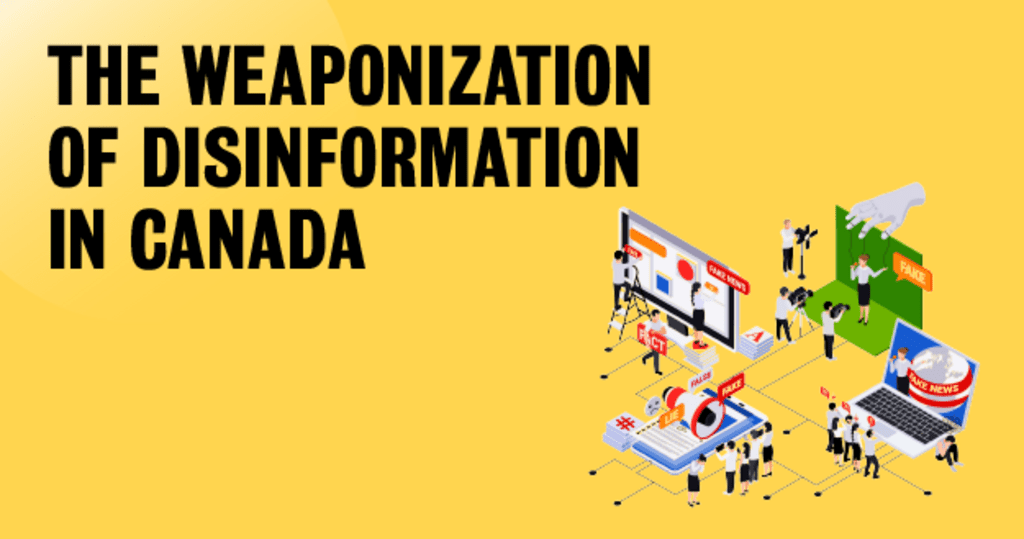2024 Cybersecurity and Privacy Institute Annual Conference
Welcome to the 2024 Cybersecurity and Privacy Institute Annual Conference.
The University of Waterloo Cybersecurity and Privacy Institute is proud to host its Annual Conference on Thursday October 10, from 8:30 AM to 5:30 PM, at Federation Hall on the University of Waterloo Campus.
This event centres on our theme, TACKLING CANADA’S CYBERSECURITY CHALLENGES, which will highlight current and future efforts within the cybersecurity and privacy sphere, with keynote speakers, panel discussions, and industry talks. This conference is open to undergraduate and graduate students, faculty, entrepreneurs, start-ups, government, sponsors, and businesses.


